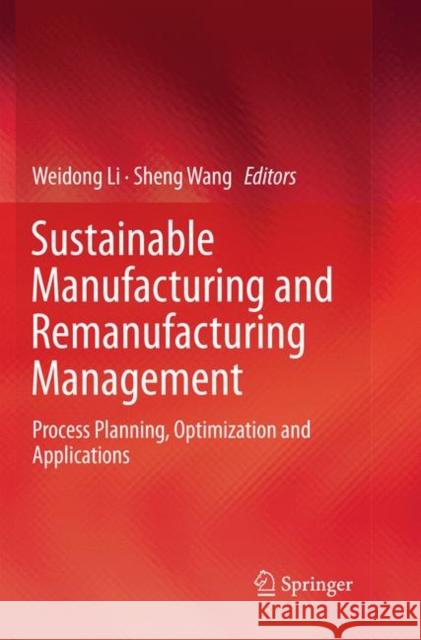Sustainable Manufacturing and Remanufacturing Management: Process Planning, Optimization and Applications » książka
topmenu
Sustainable Manufacturing and Remanufacturing Management: Process Planning, Optimization and Applications
ISBN-13: 9783030087982 / Angielski / Miękka / 2019 / 346 str.
Sustainable Manufacturing and Remanufacturing Management: Process Planning, Optimization and Applications
ISBN-13: 9783030087982 / Angielski / Miękka / 2019 / 346 str.
cena 605,23
(netto: 576,41 VAT: 5%)
Najniższa cena z 30 dni: 578,30
(netto: 576,41 VAT: 5%)
Najniższa cena z 30 dni: 578,30
Termin realizacji zamówienia:
ok. 16-18 dni roboczych.
ok. 16-18 dni roboczych.
Darmowa dostawa!
Kategorie:
Kategorie BISAC:
Wydawca:
Springer
Język:
Angielski
ISBN-13:
9783030087982
Rok wydania:
2019
Wydanie:
Softcover Repri
Ilość stron:
346
Waga:
0.50 kg
Wymiary:
23.39 x 15.6 x 1.91
Oprawa:
Miękka
Wolumenów:
01
Dodatkowe informacje:
Wydanie ilustrowane











